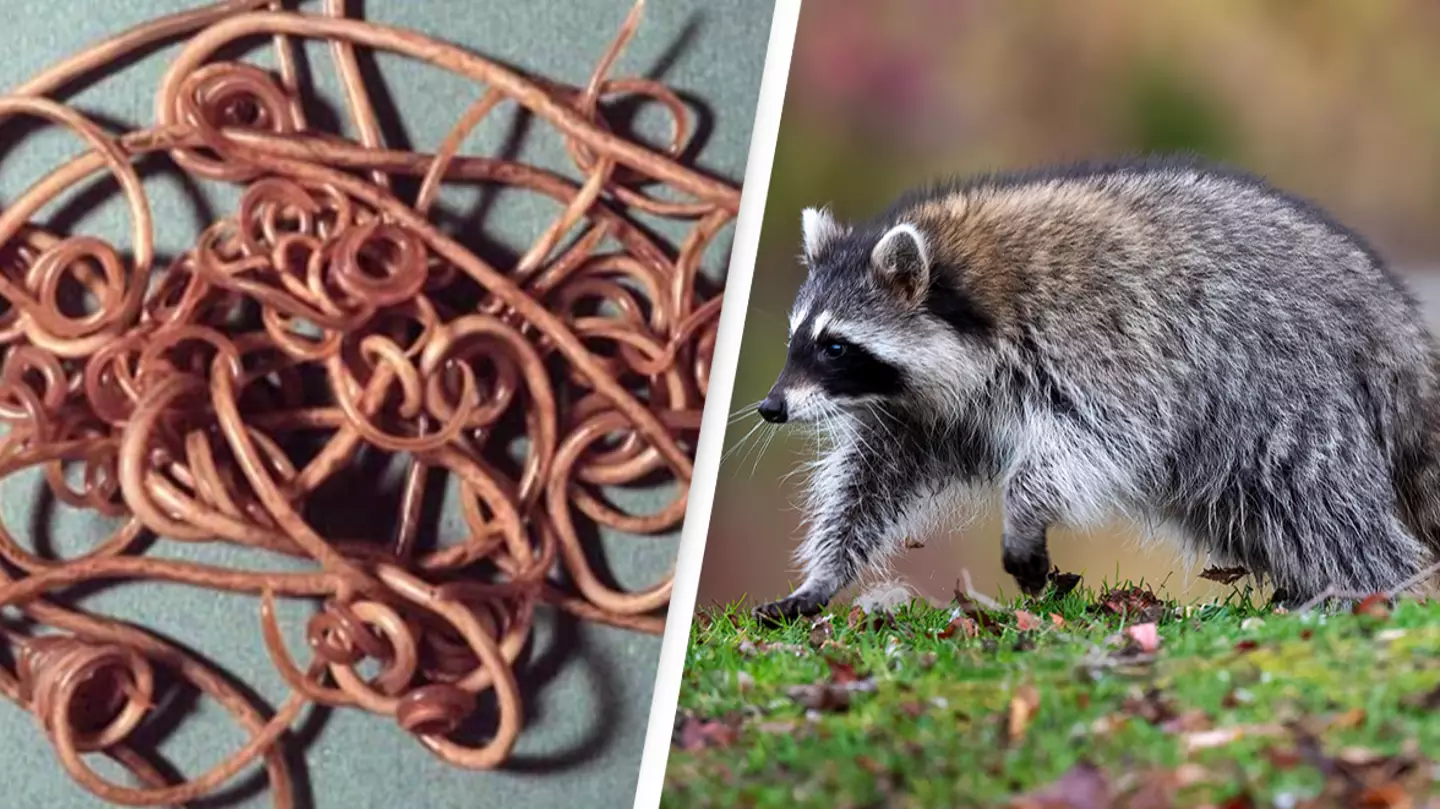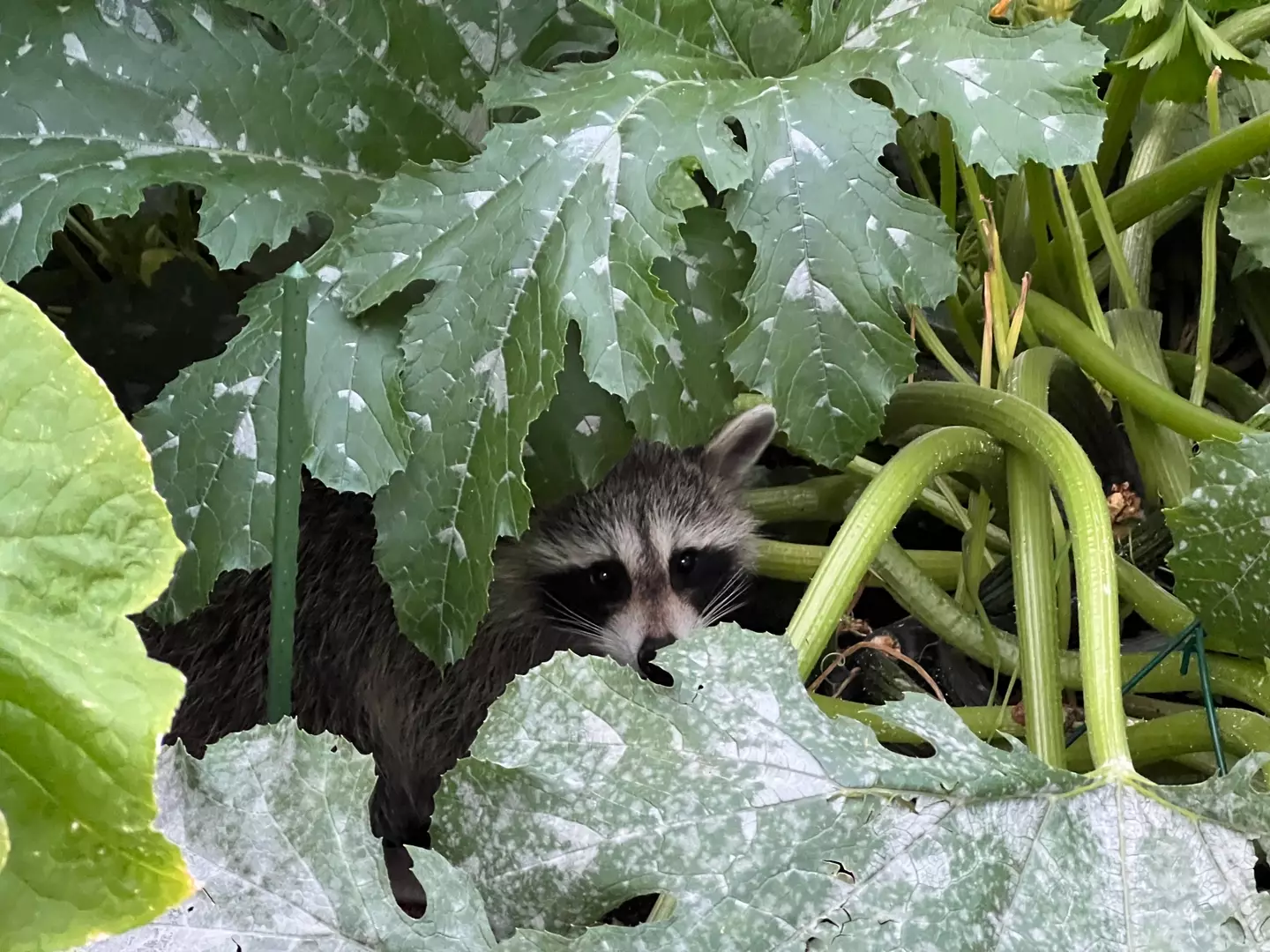
A warning has been issued after two people were infected with a 'rare disease' that spreads from animals to humans.
On Tuesday (September 17), the Los Angeles County Department of Public Health revealed two cases of a 'rare parasitic infection' have been discovered in the South Bay area of Los Angeles County.
The parasitic infection is known as Baylisascaris procyonis and is a type of roundworm.
It sees Baylisascaris worms end up in the intestine of the animal it begins in and while that animal isn't made sick by the parasite, if a human becomes infected, the worms can spread to the eye, brain or other organs and 'lead to swelling of the brain and eye disease' that can become fatal.
Advert
The County of Los Angeles Public Health Department adds: "This roundworm can infect people as well as a variety of other animals, including dogs."
But the animal it's first found in? Well, pesky raccoons of course.
Now, you may be wondering: "How would I ever get close enough to a racoon to catch Baylisascaris procynois?"

How you catch it and symptoms
You can get infected by 'consuming infectious eggs' and while us adults don't typically go around shovelling dirt or animal feces in our mouths, think about the sort of s**t your dog ends up hoovering down or your friend's three-year-old toddler.
Advert
The public health department explains if you do come into contact with raccoon feces and eggs enter your system, you're not 'immediately infectious' and it typically takes around 'two to four weeks'.
Symptoms include tiredness, 'lack of attention to people and surroundings' and nausea too - all pretty standard after an intense week of work.
However, more serious symptoms include 'loss of coordination, loss of muscle control,' blindness and even ending up in a coma.

How to reduce the risk
The health department reassures despite the two cases the 'risk to the general public remains low' but notes 'it is concerning because a large number of raccoons live near people, and the infection rate in raccoons is likely high'.
Advert
"Children, adults older than 65, pregnant people and people with weakened immune systems are at higher risk of serious illness from zoonotic diseases," it adds.
The department warns to avoid keeping raccoons as pets or feeding them, avoiding any wildlife feeding in general, feeding your own pets indoors and being careful with how you dispose your trash and not leaving other food sources lying about.
And should you find racoon feces in your house, use disposable gloves to get rid of them, spray them with water if they're dry to prevent fecal dust from spreading and make sure to decontaminate surfaces properly.
Los Angeles County Health Officer, Dr Muntu Davis, resolves: "Our health is closely linked to the health of animals around us. Simple precautions, like washing your hands regularly, avoiding direct contact with wild animals and their waste, keeping pets healthy, and preventing wildlife from sheltering or living in or next to our homes or properties can help keep our neighborhoods and families safe and healthy."